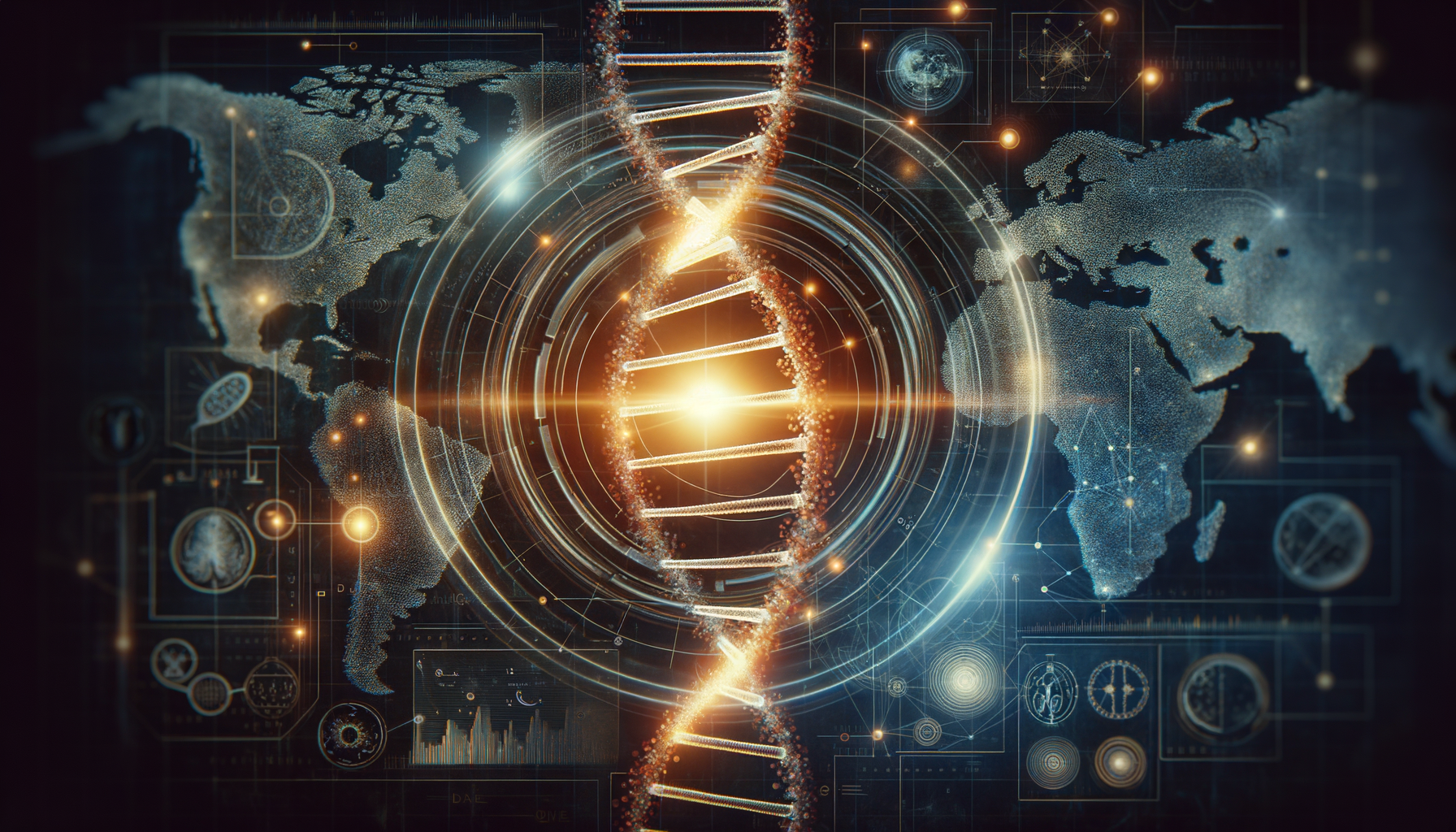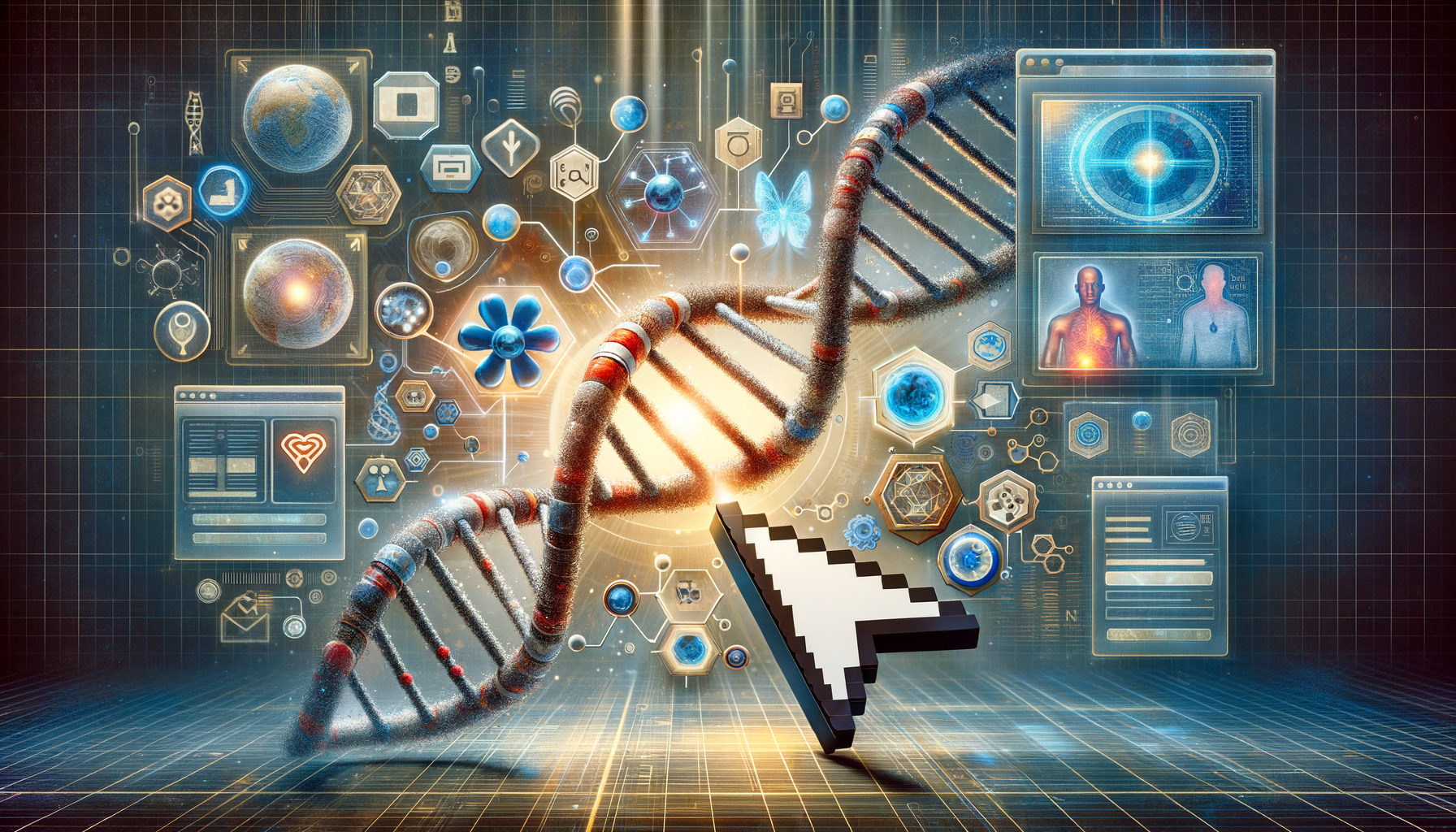
Discover Long Lost Family Connections Through Online DNA Testing
Introduction to DNA Testing
DNA testing has revolutionized the way we understand our genetic makeup and ancestral roots. It opens up a world of possibilities for discovering family connections, tracing lineage, and even uncovering health predispositions. With the rise of online DNA testing services, individuals now have the opportunity to delve into their genetic history with ease and convenience. This article explores the significance of DNA testing, its applications, and how it can bring families closer together.
The Science Behind DNA Testing
DNA testing is based on analyzing specific regions of an individual’s genetic code. These regions, known as markers, can reveal a wealth of information about one’s ancestry and genetic traits. The process typically involves collecting a DNA sample, often through a simple cheek swab, which is then sent to a laboratory for analysis. The lab examines the sample for specific markers that are compared against a vast database of genetic information.
One of the key components of DNA testing is the ability to identify genetic similarities between individuals. This is achieved by examining autosomal DNA, which is inherited from both parents. By comparing these markers, testing can reveal familial relationships, such as siblings, cousins, and more distant relatives. Additionally, mitochondrial DNA (mtDNA) and Y-chromosome DNA tests can trace maternal and paternal lineage respectively, offering a more detailed picture of one’s ancestry.
DNA testing is not only about uncovering ancestry but also about understanding genetic health risks. Some tests provide insights into potential health conditions, allowing individuals to take proactive measures in managing their health.
Applications and Benefits of DNA Testing
DNA testing has a multitude of applications, making it a valuable tool for a variety of purposes. One of the most popular uses is in genealogy, where individuals seek to explore their family history and connect with unknown relatives. Many people have discovered long-lost family members or confirmed familial connections through DNA testing. This aspect of DNA testing is particularly appealing for those looking to build a comprehensive family tree.
Another significant application is in the field of personalized medicine. By understanding one’s genetic predispositions, healthcare providers can tailor treatments and preventative measures to better suit an individual’s genetic profile. This personalized approach can lead to more effective healthcare outcomes.
Moreover, DNA testing can play a crucial role in forensic science. It is used in criminal investigations to identify suspects and solve cases that have remained unsolved for years. The precision and reliability of DNA evidence make it a cornerstone in the justice system.
Ethical Considerations and Privacy Concerns
While DNA testing offers numerous benefits, it also raises important ethical and privacy concerns. The collection and storage of genetic data pose potential risks if not handled with care. It is crucial for testing companies to adhere to strict privacy policies to protect individuals’ genetic information from unauthorized access or misuse.
There are also ethical questions surrounding the use of DNA data. For instance, individuals may discover unexpected information about their family, such as unknown siblings or paternity issues. This can have profound emotional and social implications, requiring careful consideration and support.
Furthermore, there is the question of data ownership. Individuals should be aware of who has access to their genetic information and how it may be used in the future. Transparency from testing companies is essential in building trust and ensuring ethical practices.
Conclusion: Embracing the Future of DNA Testing
DNA testing is a powerful tool that has the potential to transform our understanding of identity, heritage, and health. As technology advances, the accessibility and accuracy of DNA testing will only continue to improve, offering even more insights into our genetic makeup. However, it is important to approach DNA testing with an awareness of the ethical and privacy considerations involved.
For those interested in exploring their ancestry or gaining insights into their genetic health, DNA testing provides a unique opportunity to uncover stories and connections that may have been hidden for generations. As we embrace the future of DNA testing, it is essential to balance the benefits with responsible practices that respect individuals’ rights and privacy.
